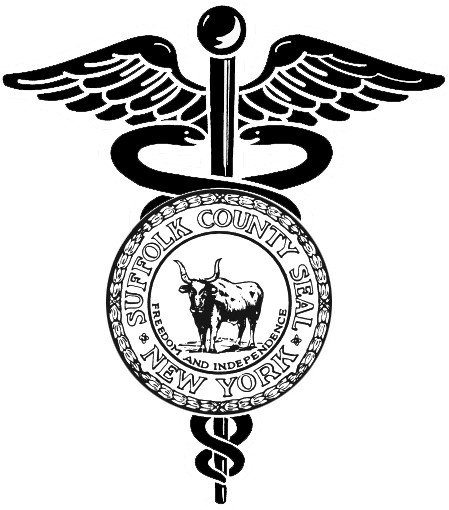East Hampton, NY - August 11, 2015 - Researchers from Stony Brook University have confirmed the presence of cyanobacteria (also known as blue-green algae) at Georgica Pond in East Hampton.
Currently, blue-green algae persist at the following locations:
- Georgica Pond in East Hampton
- Roth Pond, Stony Brook University
- McKay Lake in Calverton
- Fort Pond in Montauk
- Kellis Pond in Bridgehampton
- Wainscott Pond in Wainscott
- Agawam Lake and Mill Pond in Southampton
- Maratooka Lake in Mattituck.
Health officials ask residents not to use, swim or wade in these waters and to keep pets and children away from the area.
Cyanobacteria are naturally present in lakes and streams in low numbers; however, they can become abundant, forming blooms in shades of green, blue-green, yellow, brown or red. They may produce floating scums on the surface of the water, or may cause the water to take on paint-like appearance.
Contact with waters that appear scummy or discolored should be avoided. If contact does occur, rinse off with clean water immediately. Seek medical attention if any of the following symptoms occur after contact: nausea, vomiting or diarrhea; skin, eye or throat irritation; or allergic reactions or breathing difficulties.
To report a suspected cyanobacteria bloom at a body of water that contains a Suffolk County-permitted bathing beach, contact Suffolk County Department of Health Services’ Office of Ecology at 852-5760.
To report a suspected cyanobacteria bloom that is in a body of water that lies within Suffolk County but does not contain a Suffolk County permitted bathing beach, contact the Division of Water at New York State Department of Environmental Conservation: (518) 402-8179.
For more information about cyanobacteria (blue-green algae), visit the Suffolk County website*
*Lake Ronkonkoma Beach in the Town of Islip is open. Cyanobacteria have not been detected at levels warranting beach closure at Lake Ronkonkoma Beach this summer.










